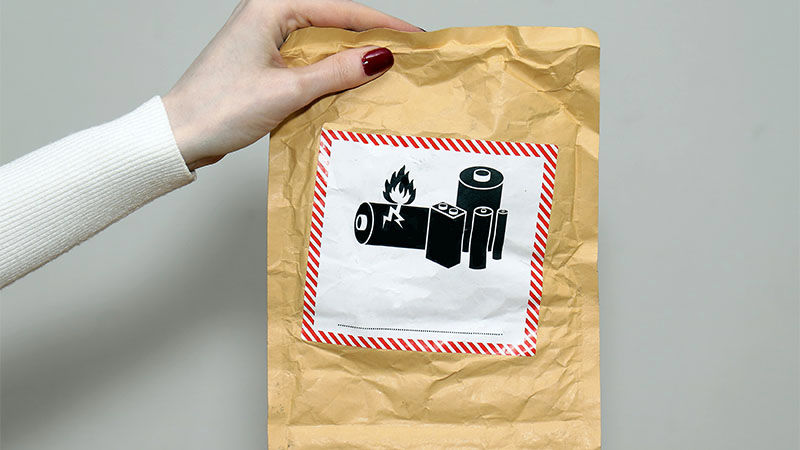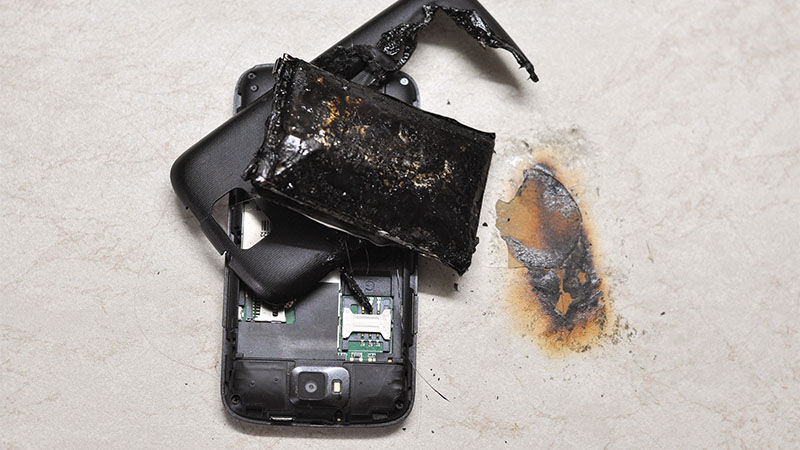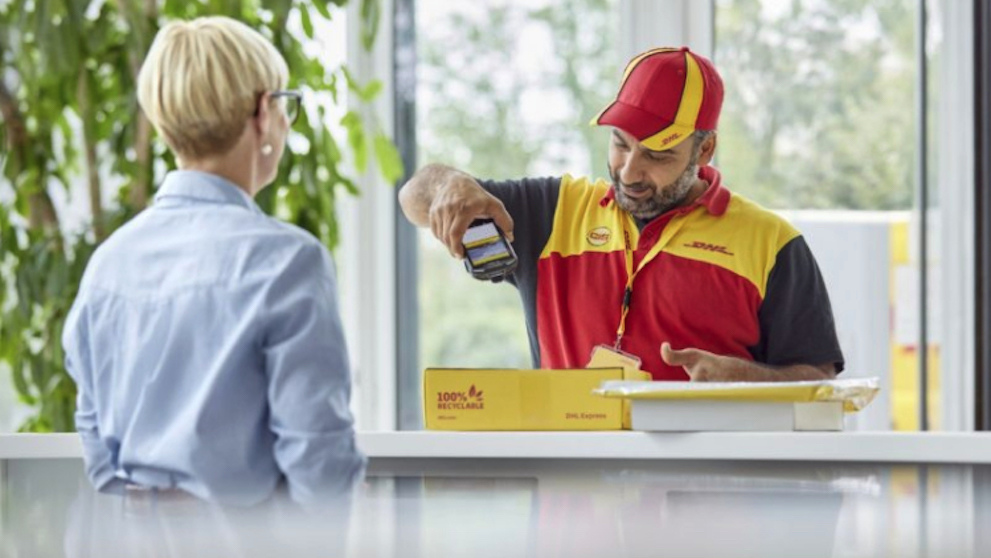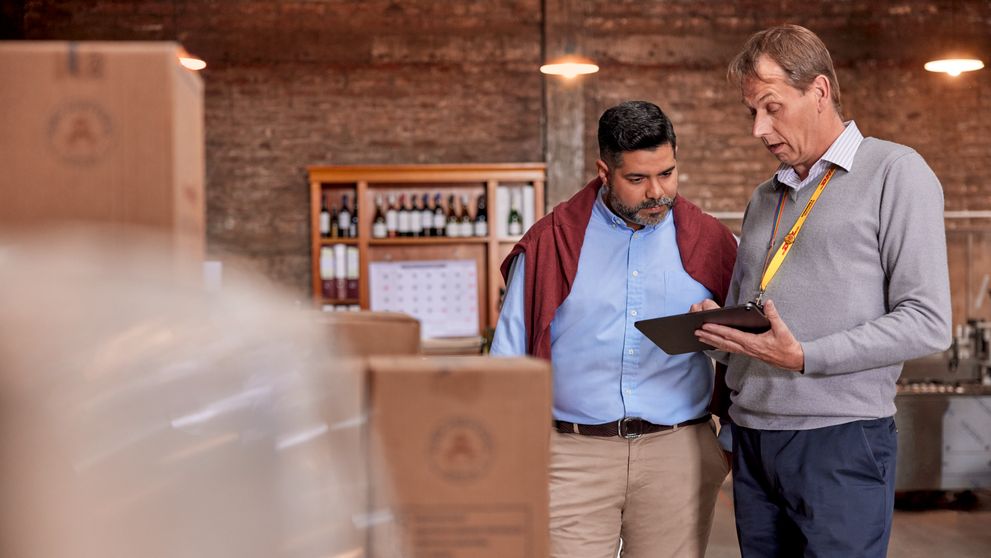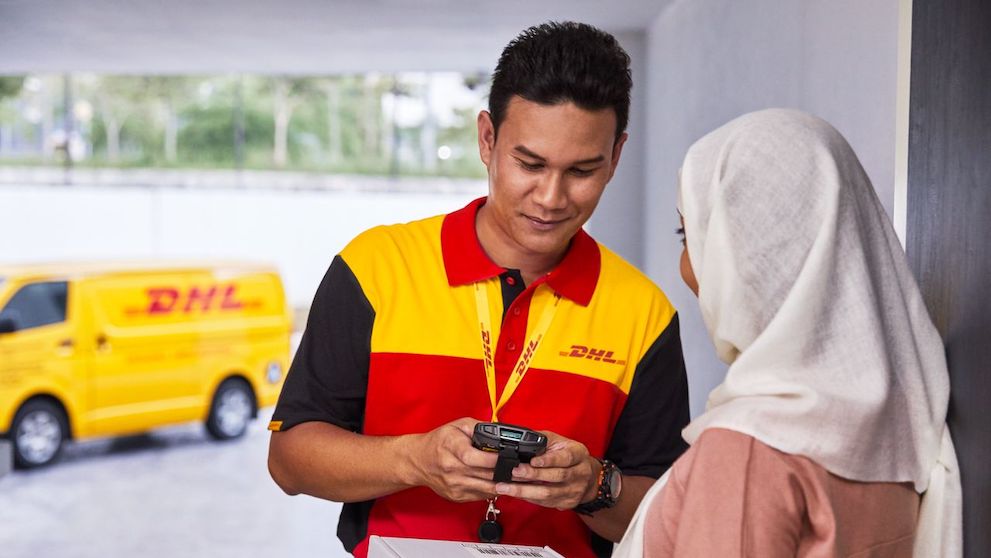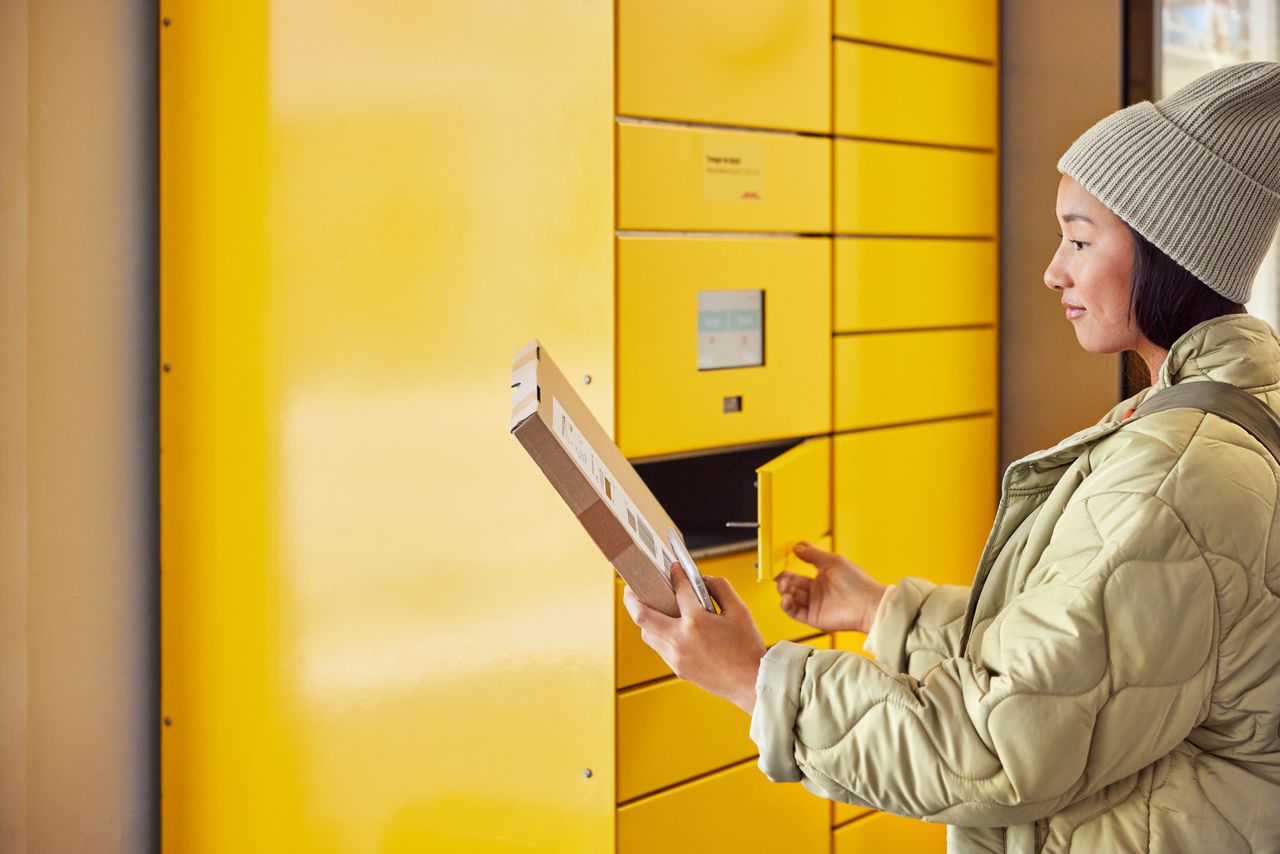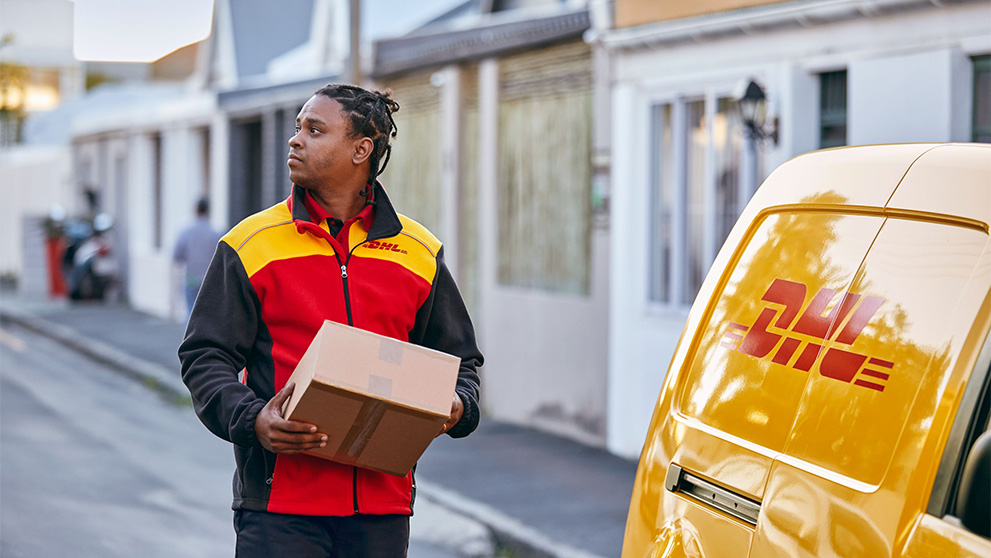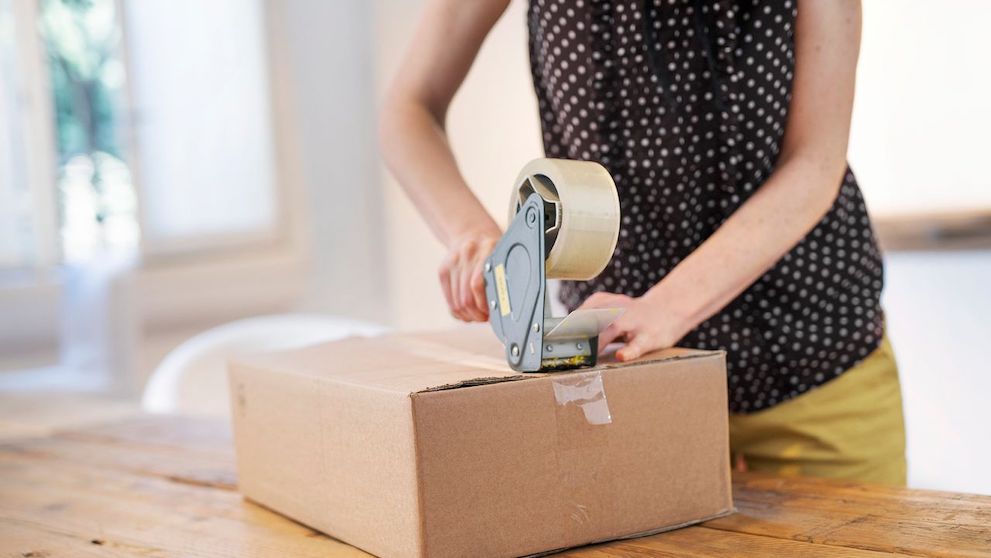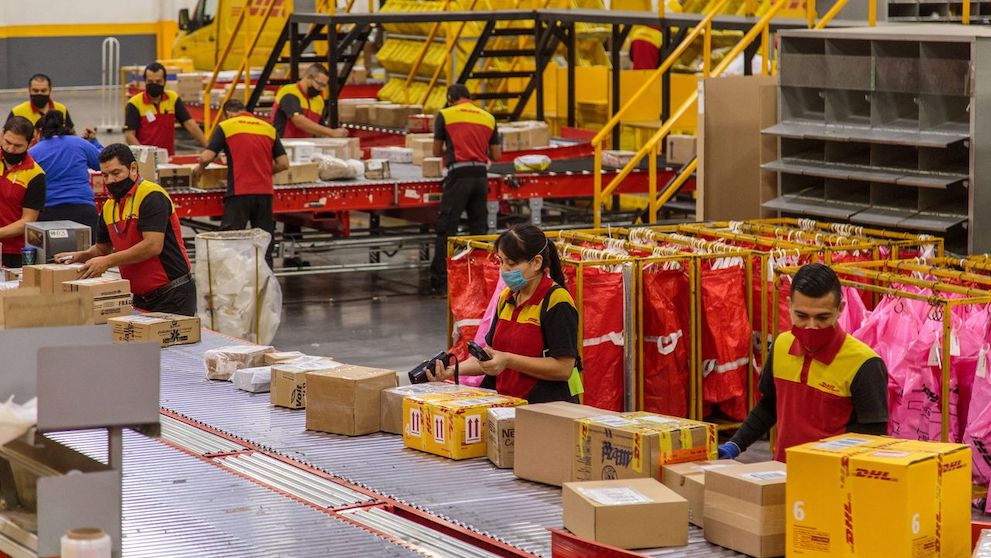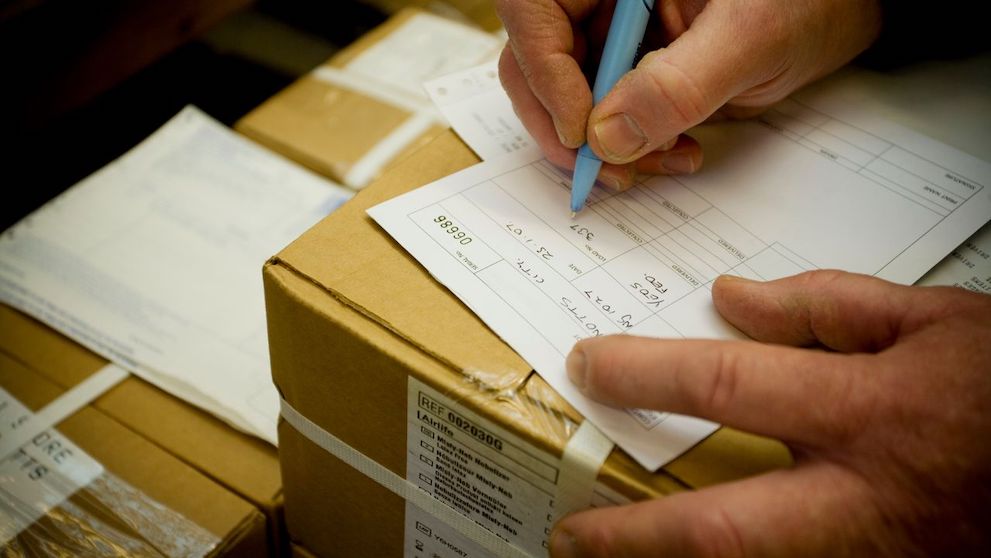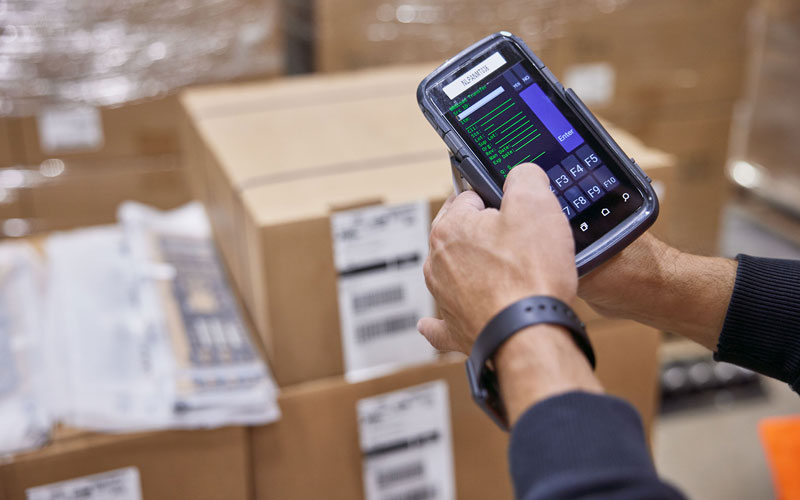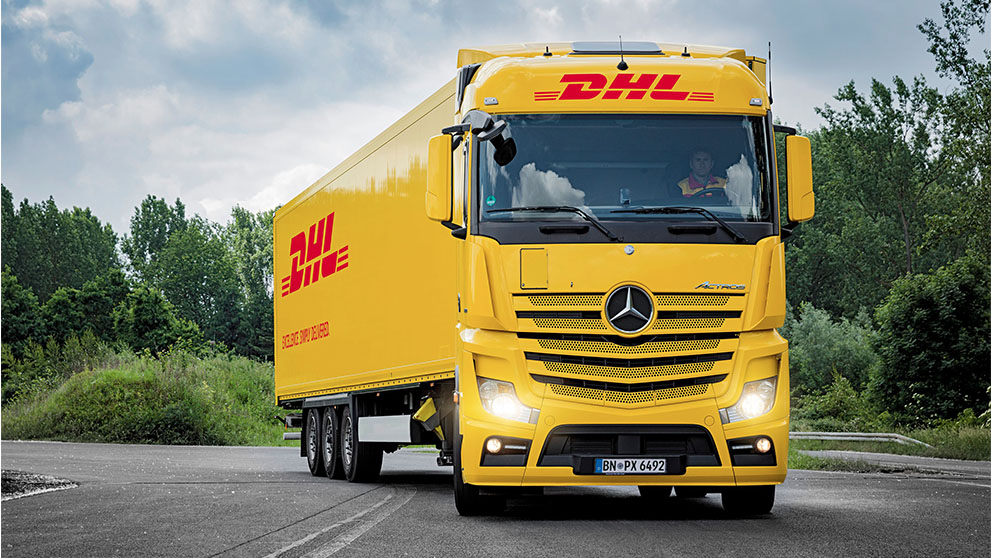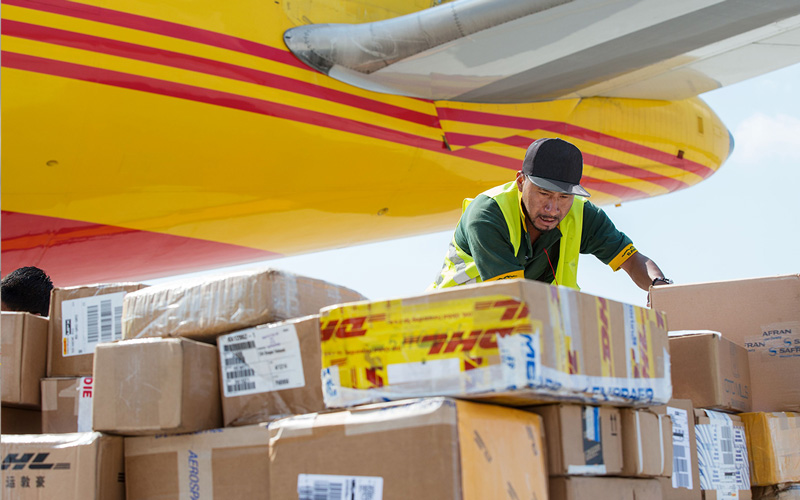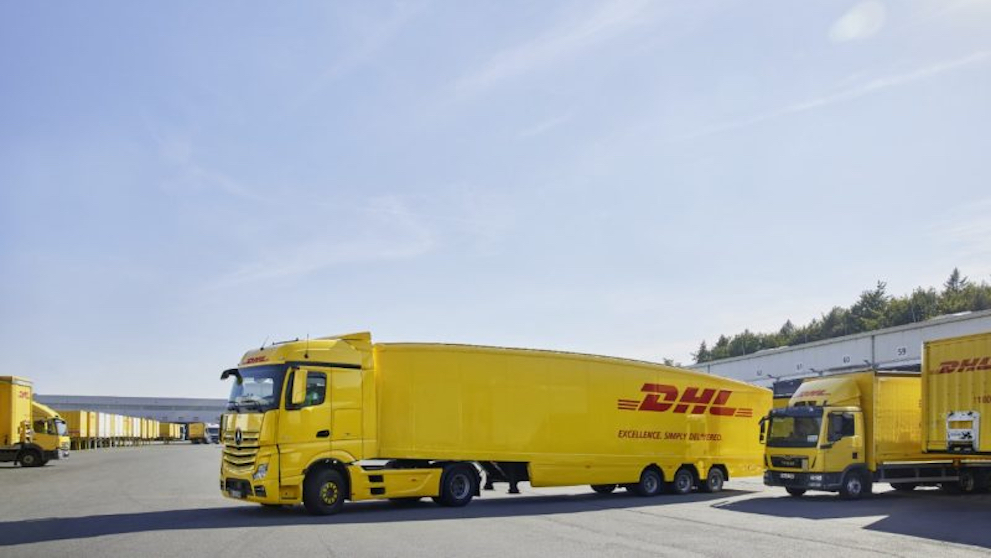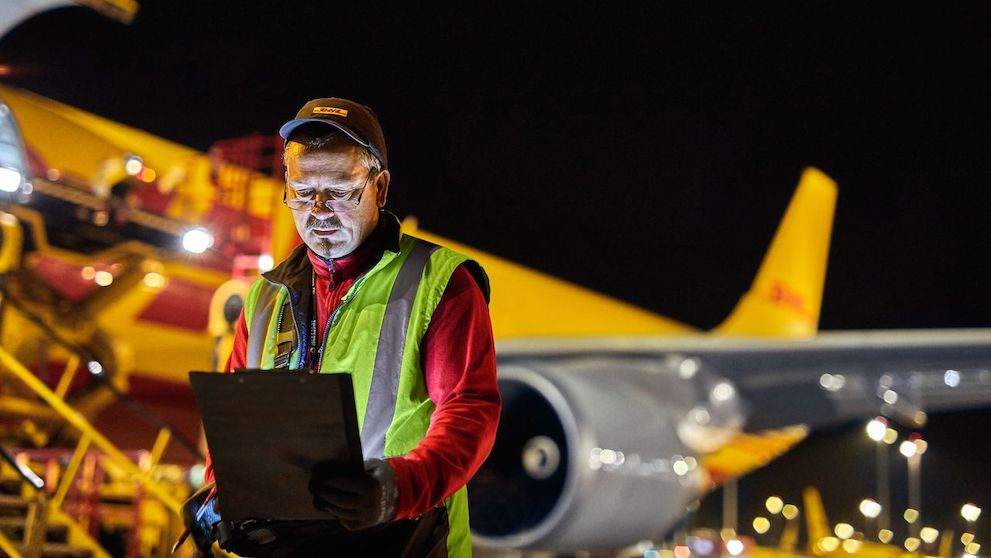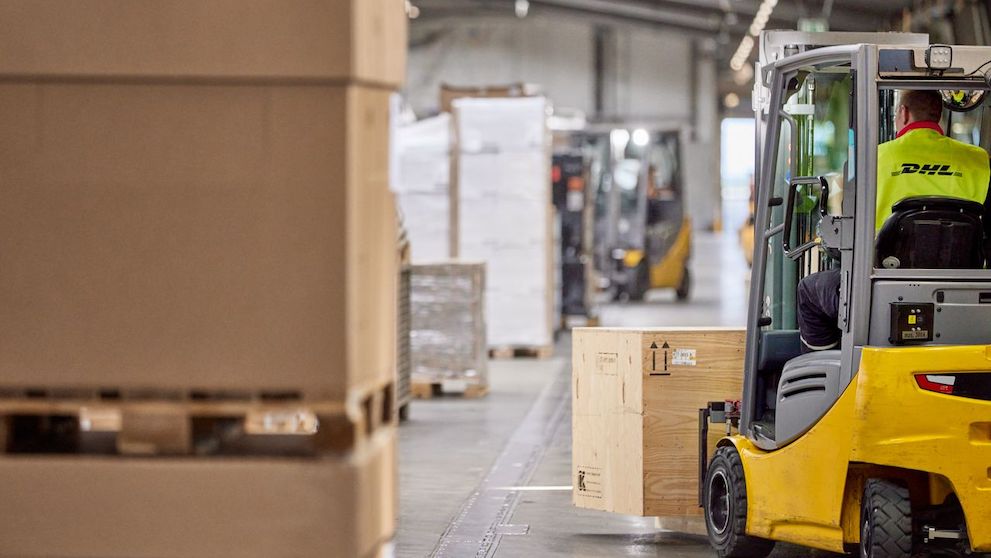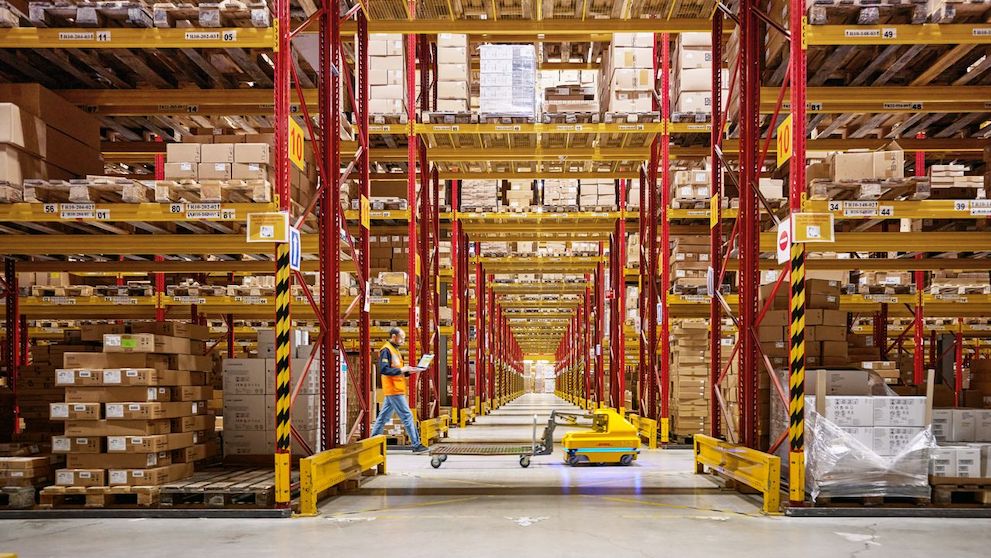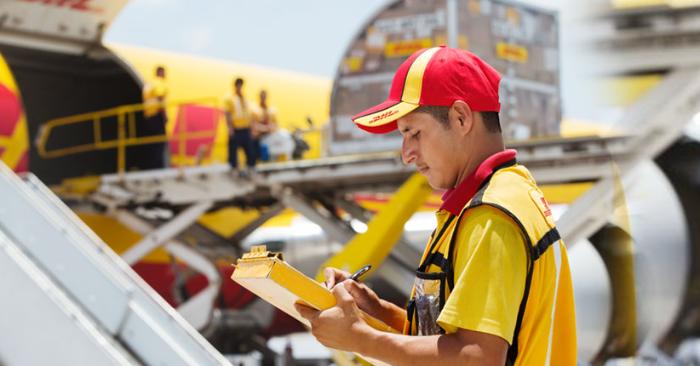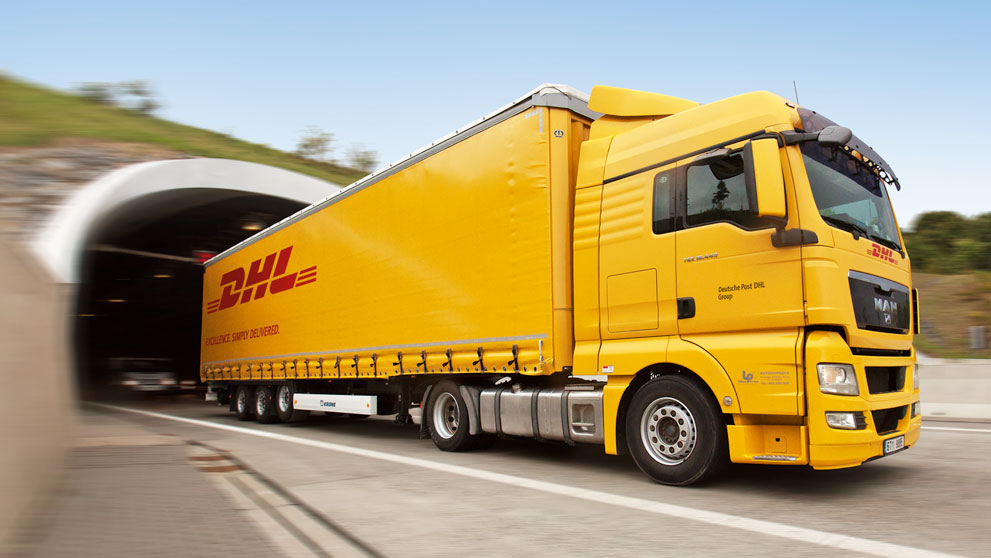If your business ships products containing batteries internationally, there are some important shipping and packaging considerations you will need to comply with to ensure they arrive there safely and without damage or delay. Read on for a simple guide.
Can you ship batteries?
Many electronic products and devices contain batteries – in particular, lithium batteries, which are commonly found in laptops, smartphones, tablets, medical devices and power tools. There are regulations attached to the cross-border shipping of batteries to ensure they travel safely. These regulations vary depending on the type of batteries. Lithium batteries, for example, are classified as Dangerous Goods, so not all types of lithium batteries are accepted by DHL Express which you can check here.
How to pack batteries for shipping
Due to their hazardous nature, parcels containing batteries must be packaged carefully to avoid damage during transit. Our advice varies depending on the type of battery you are sending.
How to pack alkaline batteries
- Take the battery out of the device
- Keep it in its original packaging if possible
- Wrap it in plenty of bubble wrap
- Use a double-walled box
- Fill any unused space with padding material
- Use strong tape to seal the box
How to pack lithium-ion batteries
- The battery should remain installed in the device
- Ensure the device is switched off
- Wrap the device in plenty of bubble wrap
- Use a double-walled box
- Fill any unused space with padding material
- Use strong tape to seal the box
Shipping Batteries
When it comes to shipping lithium batteries or sending other type of batteries by post to cross-border customers, there are some key things you should know to make certain that the items arrive safely and legally.
The regulations relating to your shipment will vary depending on factors such as the type of batteries, how they're packed (loose or within a device), and the destination country's specific customs regulations.
How to ship lithium batteries
Broadly speaking, lithium batteries fall into two main categories:
Lithium metal batteries and cells are typically single use and contain metallic lithium. They are not rechargeable, but they do have a longer life than standard alkaline batteries/cells, making them ideal power sources for devices that are out of reach, such as smoke detectors and computer motherboards.
Lithium ion batteries and cells contain lithium which is only present in an ionic form in the electrolyte. They can be formed into many shapes which makes them ideal for a range of electricals. They have a shorter shelf life than lithium metal batteries, but they are rechargeable so are present in many portable consumer electronics such as laptops and smartphones.
Though widely used, lithium batteries are classified as Dangerous Goods by the International Air Transport Association (IATA) as they're highly flammable, they react sensitively to environmental factors, and can cause fires if damaged. Any person, company or entity identified as the Shipper on a DHL Express shipment waybill is legally responsible to ensure 100% compliance with the IATA Dangerous Goods Regulations. For more advice on safely shipping lithium batteries with DHL, click here.
How to ship dry batteries and nickel-metal hydride batteries
A dry cell battery is commonly used for portable electrical devices – this classification includes alkali-manganese, zinc-carbon, nickel cadmium and other solids.. They do not contain liquid; rather the electrolytes are contained in a low moisture paste which allows the flow of the electric current. They are sealed and non-vented and therefore less prone to leak. Nickel-metal hydride batteries work in a very similar way, although with a bigger capacity. All these batteries types still have regulatory requirements, so must be correctly identified and packed before shipping with DHL.
- Where possible, the batteries should be shipped inside of the electrical device with the terminals protected and the device packed in such a way to prevent unintentional activation
- In the instance of multiple, loose batteries, terminals must be protected by individual packaging and separated within the box by dividers.
- Use plenty of filler packaging so that the batteries don’t move around.
- Use a sturdy outer box/container for all the contents.
- Use plenty of tape to secure the outer box/container shut.
- Attach the correct shipping label clearly to the outside of the box/container.
How to ship wet batteries
A wet cell battery is the original type of rechargeable battery, and thus has a longer shelf life than dry cell batteries. Wet cell batteries get their power from a liquid electrolyte and generate gases, meaning they must be vented and kept upright during transportation to avoid leakage. Wet cell batteries are common in aviation, electric utilities and industrial machinery.
- Choose a suitable UN Specification packaging – it must have an acid/alkali leakproof liner.
- Multiple batteries in the same packaging must be separated by nonconductive dividers.
- Fasten the batteries securely in place, ensuring the vents are facing up to prevent overheating or short circuiting.
- Use plenty of tape to secure the outer packaging shut.
- Attach the correct dangerous goods marks and labels, shipping label and Dangerous Goods Shipper’s Declaration clearly to the outside of the packaging.
For more advice on safely dangerous goods with DHL, click here.
Battery Shipping Regulations
Recalled, Damaged or Defective Lithium Batteries
Shipping damaged or faulty batteries can be extremely dangerous, with the risk of fire, smoke and fumes. For this reason, any battery that is suspected or known to be defective (swelling, corroding or leaking, for example) is not permitted for shipping within the DHL Express network.
Documentation required to ship batteries internationally
All Shippers are required to read, understand and comply with all regulations applicable to sending shipments of batteries to international destinations.
Some batteries will be classified as Dangerous Goods – the transportation of these is a risk when they are not correctly packed or handled. If the goods are hidden, declared incorrectly, left completely undeclared, packed or labeled incorrectly, health and safety is compromised. Other batteries, such as lithium batteries, are classed as a restricted commodity, meaning there are regulations governing the type and number of batteries that can be carried in a single shipment.
Customers with a MyDHL+ account will be guided through the necessary documentation required for their shipment depending on its contents, origin country and destination country. The MyDHL+ platform makes it easier than ever to ship online, get quotes, schedule pickups, find locations, track shipments and more! Click here to open an account.
Shipping batteries cross border may seem complex and overwhelming, but as an international logistics leader, DHL is here to help! Contact our experts for guidance, here. For information on shipping large items internationally – including weight and size limits – click here.


